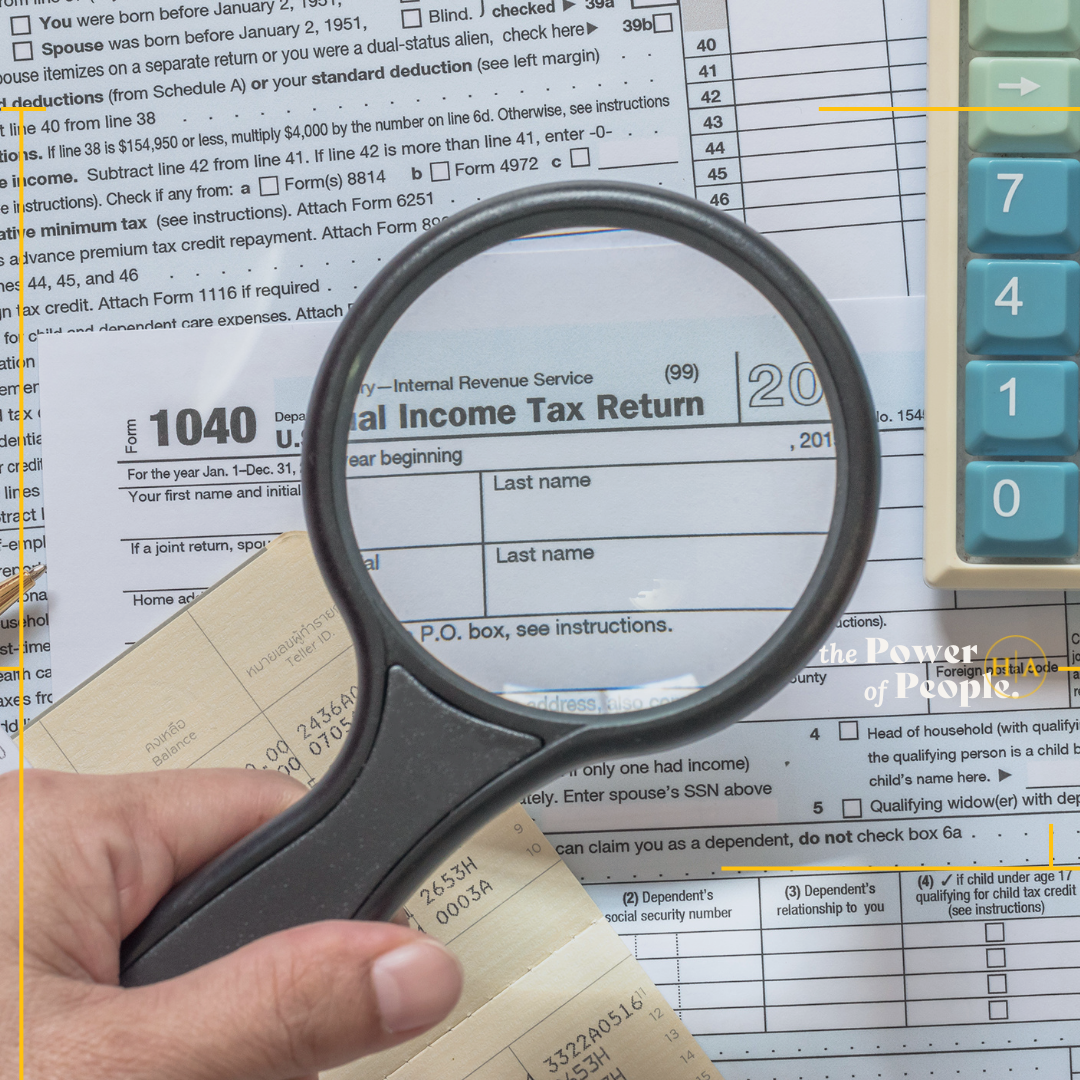One of the items being discussed in Washington is to have banks report to the IRS anytime a person has transactions of over $600 in their bank account. This would be a new reporting requirement, but many people do not know that the banks already have to report certain transactions to the IRS and this would be an expansion to those programs.
It looks like they have backtracked on this and changed the dollar amount right?
- Yes, everything is still in flux.
- Now they are looking at the banks reporting for cumulative transactions over $10,000.
- This will still include a number of individuals
Are there exemptions for the banks?
- Yes, they are talking about exempting any income received through a paycheck that has federal withholding, recipients of federal benefits and Social Security under these new rules.
- If you think about it though, the IRS is still getting the same information as before since they already know how much people are being paid because of the Form W-2s. They also know how much people are getting in federal benefits and Social Security because they are the ones that pay it.
What do you think the IRS is really trying to accomplish here?
- There are a lot of people who run cash businesses and some of that income (maybe a lot of that income) is not being reported to the IRS.
- They are saying it is to ensnare wealthy taxpayers who are not reporting their fair share, but I think it is really to entice these cash businesses to start to report their income.
- Now they will never say that, since it would be unpopular.
Once they get this information, how is the IRS going to use it?
- I think the plan is to look at how much income is reported on their return, compare it to how much goes into and out of taxpayer’s accounts and look for big differences.
- The IRS is already doing this on audits. When the IRS starts an audit, they normally want the taxpayer to add up all their deposits in the bank accounts and compare it to how much they reported on their return,
- if the amounts don’t materially match, the taxpayer has to explain why they are different.
But these differences can be significantly different right?
- They can, let’s say someone does a lot of traveling and gets reimbursed from their employer for the expenses. This could be thousands of dollars per month that is not reportable on a tax return.
- Maybe someone gets gifts from their relatives
- What if you sold a car or other asset to a third party
- All of this will put cash in your account that does not show up on your tax return.
So what do you think is going to end up happening?
- The way Washington is going, I have no idea.
- But if you really pushed me, I would say that if your cash deposits or spending is higher than your income, you will be a target for an IRS letter or audit at some point.
- Some of these will be legit like the cash business that does not report income, but some will not.
- Those that are not (gifts, sales of personal asset, reimbursements) will just have to know that they are at a higher risk of audit for a program like this.
Before we go, how would the IRS police this since they don’t have enough auditors?
- The spending bill hopes to include about $80 billion in new funds to the IRS over the next 10 years to hire more people.
Be sure to talk to a tax professional if you have any questions about the IRS bank monitoring or would like further assistance.





